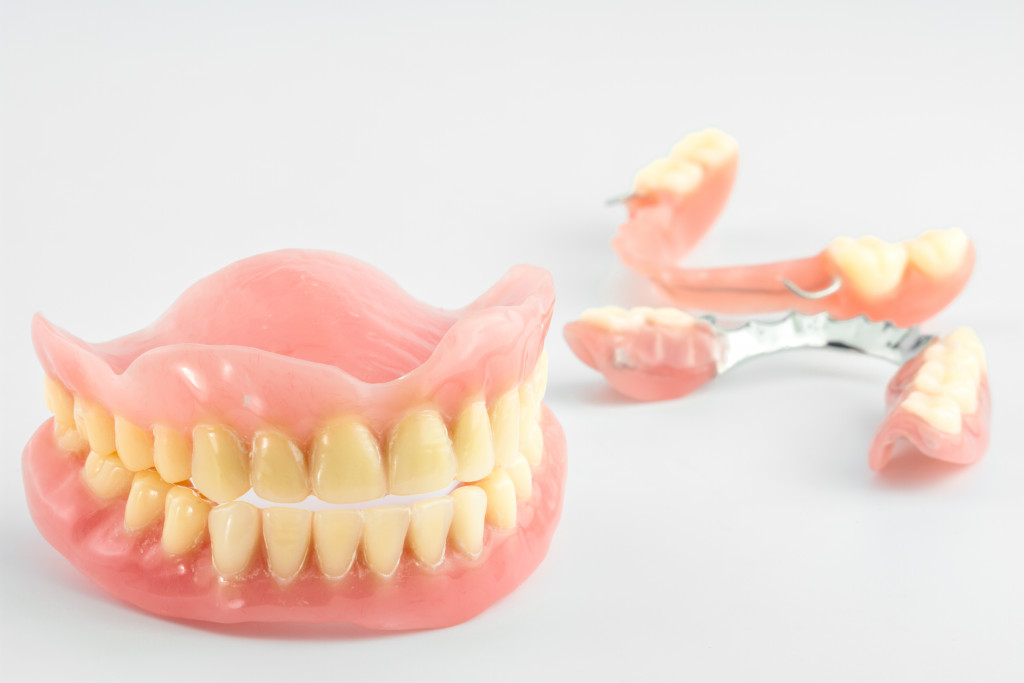Do you take care of your teeth regularly? Brushing and flossing daily and seeing your dentist for regular cleanings and checkups are essential. Unfortunately, even with the best at-home dental care routine, you may still be at risk for developing some common dental problems or diseases. This blog will explore five of the most common dental problems and diseases, as well as how you can prevent them.
1. Tooth Decay
Tooth decay is caused by mouth bacteria forming plaque on the teeth. Acids included in the sticky film known as plaque can erode tooth enamel and result in cavities. You can prevent tooth decay by brushing twice a day with fluoride toothpaste, flossing daily, and eating a balanced diet. Be sure to see your dentist regularly, so they can catch any cavities in their early stages.
Here are some symptoms of tooth decay:
- Toothache
- Sensitivity to hot or cold temperatures
- Visible holes or pits in teeth
- Bad breath
- Pain when chewing
So if you’re experiencing any of these symptoms, be sure to see your dentist as soon as possible.
2. Gingivitis
Gingivitis is a form of gum disease that causes swelling and inflammation of the gums. It is usually caused by plaque buildup around the gum line. Gingivitis is often painless in its early stages, so it’s essential to see your dentist regularly, so they can identify the problem and treat it before it becomes more serious.
You can help prevent gingivitis by brushing twice daily, flossing daily, and regularly seeing your dentist for cleanings. You should also avoid smoking, as it can increase your risk of developing gum disease. Not only that, but gingivitis can also lead to more serious forms of gum disease, such as periodontitis.
3. Periodontitis
The bone and connective tissue that support your teeth can be destroyed by periodontitis, a more serious form of gum disease. Some common symptoms of periodontitis include:
- Gums that are red, swollen, or bleed easily
- Persistent bad breath
- Receding gums
- Loose or shifting teeth
Sometimes you can lose a tooth because of periodontitis. As with gingivitis, periodontitis is often caused by plaque buildup around the gum line. However, it can also be caused by other factors, such as smoking, diabetes, teeth grinding, and certain medications. You can also get a teeth replacement if you have lost teeth from periodontitis.

4. Oral Cancer
Oral cancer includes cancer of the lips, tongue, cheeks, hard or soft palate, sinuses, and throat. Smoking tobacco products is the leading cause of oral cancer. Other risk factors include excessive alcohol consumption and exposure to ultraviolet light (from sun exposure or tanning beds).
You can help reduce your risk of oral cancer by visiting your dentist regularly for screenings, avoiding tobacco products, and limiting your alcohol consumption. Not only that, but you should also avoid excessive exposure to ultraviolet light. This means wearing sunscreen on your lips and face when you’re outdoors, as well as avoiding tanning beds.
5. Dry Mouth
A dry mouth (or xerostomia) is a condition that occurs when there is not enough saliva in the mouth to keep it moist. A dry mouth can be caused by certain medications, medical conditions such as diabetes or Sjögren’s syndrome, or simply dehydration from not drinking enough water throughout the day.
A dry mouth can lead to an increased risk of tooth decay and gum disease because saliva helps wash away food and plaque from the teeth. You can help prevent dry mouth by staying hydrated throughout the day and avoiding medications that list dry mouth as a side effect if possible. You can also use a mouthwash or saliva substitute to help keep your mouth moist.
How Can You Prevent Dental Problems?
The best way to prevent dental problems is to practice good oral hygiene. This entails using fluoride toothpaste twice daily, flossing daily, and maintaining a healthy diet. You should also see your dentist regularly for cleanings and checkups. Here are some other tips for preventing dental problems:
- Don’t smoke tobacco products.
- Limit your alcohol consumption.
- Avoid excessive exposure to ultraviolet light.
- Stay hydrated throughout the day.
- Practice good oral hygiene.
- Visit your dentist regularly for cleanings and checkups.
These are just a few of the most common dental problems and diseases. By following these tips
There you go! These are just a few of the most common dental problems and diseases. Remember, practicing good oral hygiene and seeing your dentist regularly is the best way to prevent these problems. So, what are you waiting for? Go brush your teeth!

